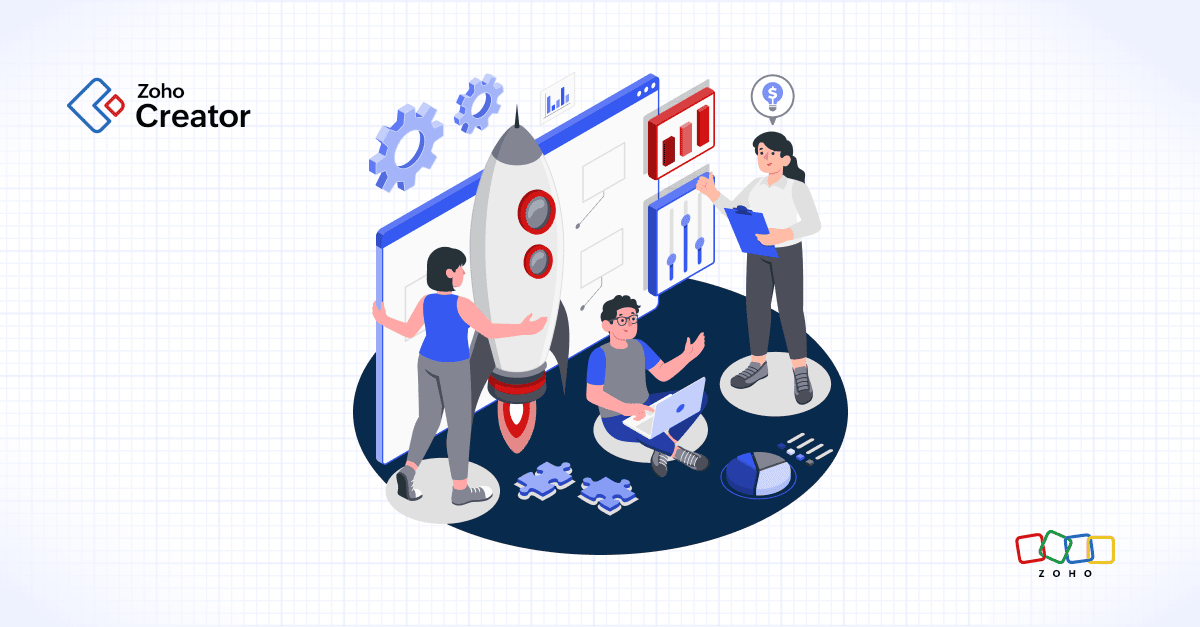- HOME
- Know Your Tech
- Top 5 Digital Workplace emerging trends of 2022
Top 5 Digital Workplace emerging trends of 2022
- Last Updated : April 20, 2023
- 1.2K Views
- 4 Min Read
2020 dramatically altered even the carefully laid out plans of organizations and how. The COVID-19 pandemic revolutionized the way organizations operate, forcing businesses of all sizes to shift to a digital mode of work.
Survival of the fittest
Organizations are more determined than ever to empower their employees by providing tools and technology to work remotely, ensuring continuous operations while considering employee safety. While many organizations have succeeded by prioritizing technology, their approach was often rigid. But is that enough to overcome the current obstacles facing the business world? Taking a step towards digital transformation may not be the only solution for businesses during these uncertain times. The ability to provide a quality user experience, enhanced performance, and the security required for a safe work environment is paramount.
So how can organizations achieve this?
Enter the digital workplace
The concept of the digital workplace is that businesses should use digital transformation to align technology, employees, and business processes in order to improve operational efficiency and meet organizational goals. The term "digital workplace" should be approached with more significance, as it's central to your transformation strategy. Although organizations are increasingly embracing digital workplaces, there are some clear trends emerging to accommodate the new way of doing things.
Top 5 emerging digital workplace trends
1. Cloud for the win
Cloud-based applications are mission-critical for organizations that have employees who work from home or from multiple devices. In recent years, organizations have begun to migrate their business applications to the cloud and adopt cloud-native applications, and this figure is only expected to rise.
Businesses are now opting to build their cloud-based apps on low-code platforms, as they offer them the flexibility to build and customize apps as the need arises. The cloud is widely considered a key factor in the evolving modern digital workplace. With cloud-based collaborative and productivity tools, digital workplaces enable organizations to automate day-to-day operations faster and manage data with ease.
2. The tale of automation
Organizations are now putting a strong emphasis on automation. Automation's primary goal is to improve efficiency by reducing time, cost, redundant work, manual errors, and human dependency.
Automation on-the-go now allows companies to automate business processes in days rather than months, as was the case in the past, by utilizing low-code or no-code platforms, thereby refining legacy processes. Automation helps organizations simplify everyday tasks, such as sending reminder emails, generating reports, getting approvals, and more.
Hence, organizations today adopt digital workplace tools that not only combine the best of cognitive technology to create virtual employees who meet your business needs, but include automation features as well.
3. The future is now
Artificial intelligence is transforming the workplace in a lot of different ways. Although it is sometimes referred to as a job-stealing or human-replacing technology, artificial intelligence in the workplace is not something to be skeptical about. In fact, AI is used by a growing number of businesses, particularly to improve user interactions via chatbots and predict future customer and market demands. AI is increasingly playing a pivotal role in automating manual processes and opening up new deployment opportunities, since digital workplaces and remote workers have become more prevalent.
4. The best of both worlds
As an aftermath of the pandemic, many businesses are transitioning to a hybrid approach for their return-to-work model. Hybrid models offer both flexibility and a human element, ensuring employee satisfaction and productivity.
According to Gartner, "the number of remote workers will have doubled to over two-thirds of digital workers by 2023."
It's critical to have a strong digital workplace to enable an effective hybrid workforce. Every point along the hybrid mode of work continually benefits from a fully digital workplace.
Supporting remote work isn't enough to prepare for the post-pandemic future of work, though. Leaders should both enable and gather feedback insights from employees working remotely on what they need to work efficiently from anywhere. Based on their requirements, leaders can then evaluate how to best contribute to their business by re-engineering the digital workplace to support their new hybrid workforce.
5. Mobile-first approach everywhere
Mobile computing accounts for a large percentage of the focus and direction in the digital workplace and the future of work. One of the most significant advantages of mobile technology today is that employees may connect from anywhere and at any time, allowing them to provide instant service to their customers' requirements and needs. When businesses employ mobility to optimize and partially re-engineer essential business processes and minimize latency they can provide substantial and long-term commercial benefits.
So what's next?
The new workplace: fewer commutes, increased flexibility, and new approaches to managing strong collaboration and innovation are all part of the post-Covid world. Businesses that want to succeed in the future must establish their goals, provide a superior employee experience, and decide which tools to put at the heart of their operations. To keep up with the changing dynamics of the workforce and stay ahead of the competition, businesses must modify the way their employees work.
Are you a business looking for the perfect solution to kick-start your digital journey?
Zoho Creator offers modern digital workplace software for you to communicate, collaborate, and complete your work seamlessly. Try our 15-day free trial and build a well-connected digital ecosystem for your business now!
 Aishwarya
AishwaryaAishwarya is a content marketer at Zoho. Apart from creating content, she loves to read and watch sci-fi and crime thrillers, travel, and basically can't survive without coffee.



